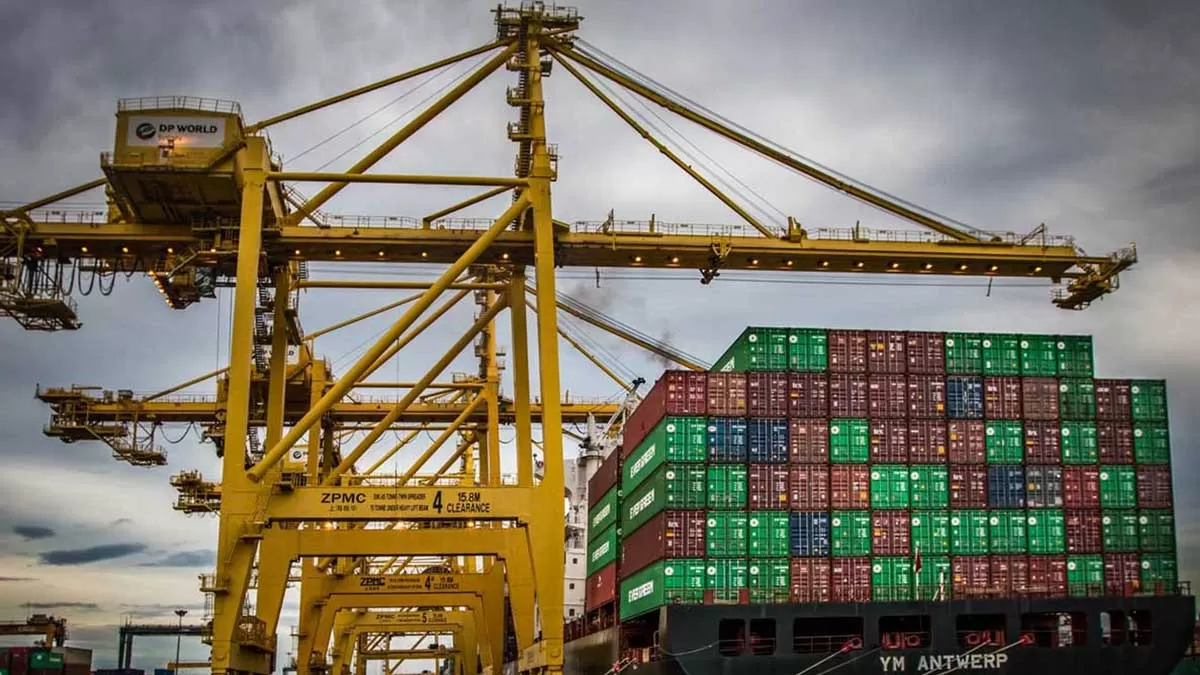The Indian government is preparing to amend the Model Concession Agreement (MCA) for cargo handling contracts at major ports to align with modern requirements and address concerns raised by private terminal operators. The proposed changes are aimed at improving operational flexibility, resolving disputes more efficiently, and ensuring better risk-sharing between the government and private players in public-private partnership (PPP) port projects. These amendments are expected to streamline port operations and attract greater private sector participation in India's port sector.
Key Highlights:
Model Concession Agreement (MCA) Amendment: The MCA, which governs cargo handling contracts at major ports, is being revised to reflect the changing dynamics of the maritime sector. The government intends to introduce amendments that would make the agreement more equitable for private operators, address operational challenges, and simplify dispute resolution mechanisms. This initiative is seen as a crucial step in enhancing the efficiency and attractiveness of India's port sector.
Private Operators’ Concerns: Several private terminal operators have raised issues related to risk allocation and revenue-sharing models in the current MCA. They argue that the existing agreement puts undue financial pressure on them, particularly during times of economic downturn or disruptions like the COVID-19 pandemic. The new amendments aim to address these concerns by creating a more balanced framework that shares risks between the government and private partners more fairly.
Improved Dispute Resolution: One of the critical revisions being proposed is the enhancement of dispute resolution mechanisms. Under the current agreement, disputes between private operators and port authorities can result in lengthy delays and financial losses. The government’s proposed changes will introduce more efficient and quicker processes for resolving conflicts, thus reducing operational disruptions and ensuring smoother port management.
Operational Flexibility: The amended MCA is expected to provide more operational flexibility to private players. This includes allowing them greater freedom in pricing, cargo handling strategies, and making necessary investments in infrastructure upgrades. The goal is to ensure that operators can adapt to market conditions more effectively while maintaining the overall objectives of the PPP agreements.
Risk-Sharing Mechanism: A key component of the revision is the restructuring of the risk-sharing mechanism. The current MCA places a significant financial burden on private operators, especially during unexpected events like pandemics or economic downturns. The proposed changes will ensure that risks such as market fluctuations or force majeure events are shared more evenly between the government and the private sector, creating a more sustainable business model.
Boost to Private Sector Participation: The amendments are expected to boost private sector investment in India's port sector. By creating a more operator-friendly environment, the government aims to encourage more companies to participate in PPP projects at major ports. This, in turn, will enhance the capacity and efficiency of the ports, helping India to meet its growing trade demands.
Alignment with Global Standards: The revised MCA will also bring India's port concession agreements in line with international best practices. The government is looking at successful port PPP models from other countries to incorporate features that promote greater efficiency, flexibility, and sustainability in port operations. This will ensure that India’s ports remain competitive on a global scale.
Impact on India’s Maritime Sector: India's major ports are crucial to the country’s trade and economic growth. By revising the MCA, the government aims to increase the operational efficiency of these ports, reduce delays, and lower logistics costs. The changes are expected to help India achieve its goal of becoming a global logistics hub, while also supporting the country’s ‘Make in India’ initiative by improving trade facilitation.
Conclusion:
The proposed amendments to the Model Concession Agreement for cargo handling contracts at major ports are a positive step towards modernizing India's maritime infrastructure. By addressing the concerns of private operators, improving dispute resolution, and creating a more balanced risk-sharing mechanism, the government aims to attract more private investment, enhance port efficiency, and boost trade. These changes will contribute to the long-term growth and sustainability of India's port sector.





















